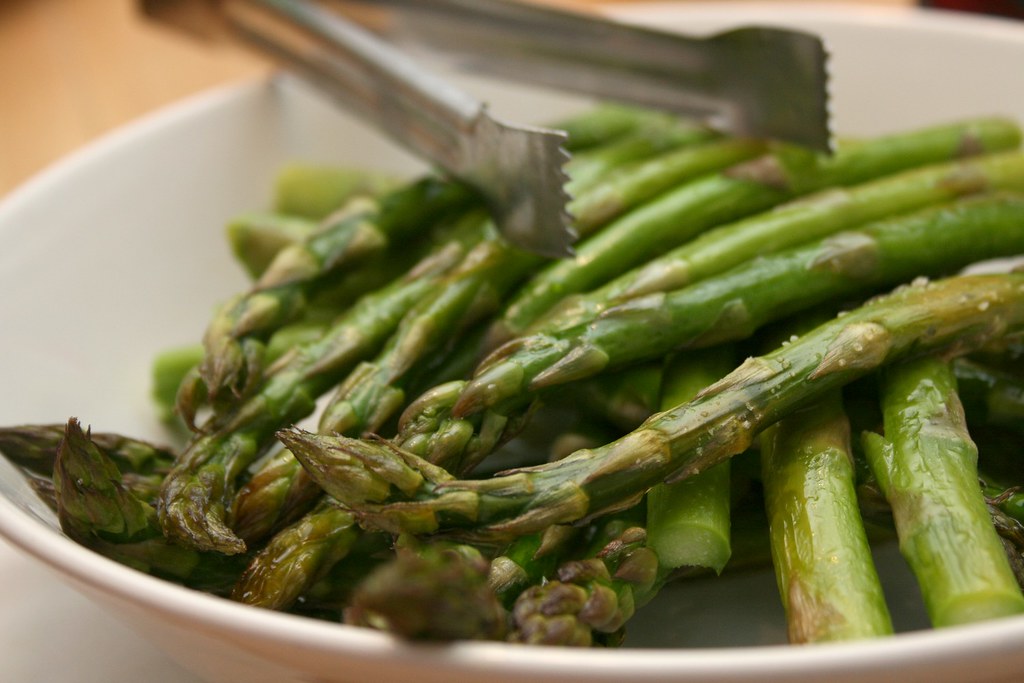Don’t fear the C-word (COVID-19)! Instead, take action by making healthy changes to your diet which will support a strong immune system. Nutrition is an important way in which we can strengthen our immunity against infections and pathogens.
Consistently eating a balanced diet with a healthy mix of whole foods will support your immune system. And, particular nutrients such as zinc and antioxidants such as Vitamin C and E are important for optimal immune system functioning. Also, foods that contain probiotics or prebiotics will support your gut health by increasing the amount of beneficial bacteria in your gut. Research has shown that your immune system is greatly affected by your gut health. Having a healthy population of beneficial bacteria in your gut helps protect you by strengthening your immune response.
The following are examples of 5 types of foods and nutrients which can power your immune system in a variety of ways.
Oysters (Zinc): Getting enough zinc in your diet is important to ensure a strong immune response to infections. A zinc deficiency makes you more susceptible to infections. Certain individuals, such as older adults and vegetarians, are more prone to having a zinc deficiency.
Oysters are the clear front-runner as the richest food source of zinc. And, we are quite lucky in the Pacific Northwest to have delicious fresh oysters. They are in season during the coldest months of the year: in winter and in Spring (through the end of April). An inexpensive way to get oysters in your diet all year round is by buying canned oysters that have been boiled or smoked. They are already cooked and ready to eat, so they can simply be mixed into a variety of dishes. Or try them on whole wheat crackers for a healthy, satisfying snack!
Strawberries (Vitamin C): Vitamin C is a powerful antioxidant. There is evidence that it stimulates and supports the health of white blood cells. These cells are a critical part of the immune response. Vitamin C is found in a variety of foods, however these foods are an excellent source of Vitamin C: kiwifruit, oranges, grapefruit, red bell peppers, broccoli and strawberries. 1 cup of strawberries contains 85 mg of vitamin C which meets the recommended daily allowance (RDA) of Vitamin C for adult women.
Strawberries are available year-round either fresh or frozen. On the West Coast, California strawberries are at their peak from April to June. And, in Washington state, juicy local strawberries are available in June and July. Strawberries are delicious raw or cooked. They can be eaten whole or chopped and added to salads or baked goods. For a simple yet flavorful option, try a side salad of baby spinach and sliced strawberries tossed with balsamic vinegar and olive oil.
Sunflower Seeds (Vitamin E): Vitamin E is also a powerful antioxidant which protects cells and can enhance immune response. The RDA for adult men and women is 15 mg per day. Good food sources of vitamin E include: nuts and seeds, avocado and plant-based oils such as sunflower, safflower and canola oil. Almonds and sunflower seeds, in particular, are an excellent source of vitamin E. One ounce of sunflower seeds contains about 50% of the vitamin E that your body needs each day. They are perfect for a nutritious snack, either on their own or with fruit. For breakfast, try sprinkling some into your oatmeal or cereal. They add crunch to salads and provide a good source of healthy fats, protein and fiber as well.
Yogurt (Probiotics): Yogurt is a good source of probiotics (beneficial bacteria), but watch the sugar! Flavored yogurts usually have added sugar. Opt for plain yogurt instead, and in place of the sugar, add fresh fruit for sweetness. Also, look for yogurt that contains live, active cultures. Yogurt is an easy replacement for sour cream and can replace mayonnaise in some sauces. Plain kefir is a probiotic beverage which is similar to yogurt. Other foods/beverages with probiotics are fermented foods such as: kombucha, tempeh, miso and kimchi.
Asparagus (Prebiotics): Bacteria needs to eat too! Prebiotics provide food and sustenance for the beneficial bacteria living in our digestive tract. Eating foods that contain types of prebiotics allow the good bacteria in our gut to thrive. Inulin is a type of prebiotic which can be found in a variety of foods such as: asparagus, jicama root, garlic, leeks and onions.
In Washington, asparagus is in season in April and May. It’s also available frozen year-round. To prep, remove 2 or 3 inches off the bottom of each spear. Asparagus spears can be steamed and they pair well with delicate or citrus sauces. Or, toss the spears with olive oil, season and roast on a baking sheet for several minutes for a deeper, charred taste.
Getting these types of foods into your regular rotation is a great step towards immune health. Choose a few of these foods that appeal to you and add them to your shopping list for your next grocery run. Enjoy and stay strong!



